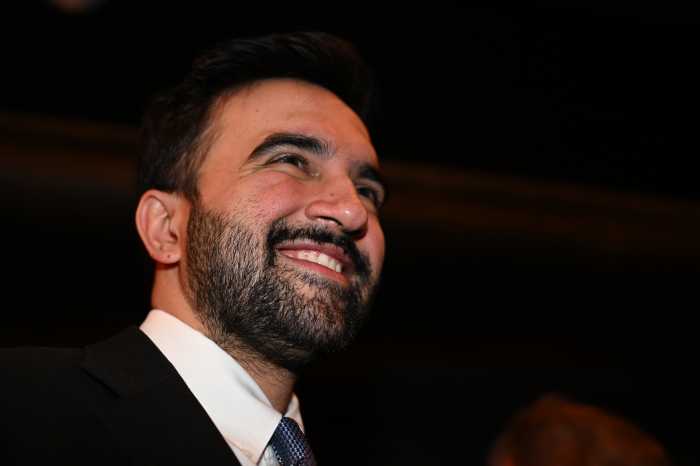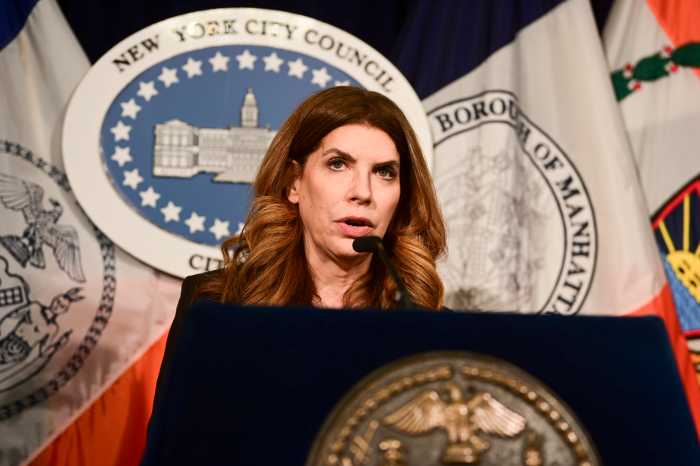Life can be unpredictable, but insurance provides peace of mind in uncertain times. Whether protecting people’s homes, helping businesses get back on their feet, or supporting families after a fire, storm, or car accident, it’s what New Yorkers depend on when things go wrong. It is a force for stability even on unsteady ground.
But rampant insurance fraud threatens the reliability of this system. Fraudulent claims drive up costs for consumers, undermine roadway safety, diminish health care in the state, and drain resources from the insurance safety net. Sophisticated fraud schemes often begin with intentionally staged auto or worksite accidents meant to collect from insurance policies. The individuals involved are then funneled into medical mills that prioritize maximizing claim payouts over genuine patient care, often submitting victims to falsified imaging, treatment plans, and in the most egregious scenarios, invasive and unnecessary medical procedures.
Preventing fraud and protecting our roadways and the viability of the healthcare system are critical pillars of the insurance industry’s mission, but existing laws don’t go far enough. Fraud is a multifaceted problem that requires a multifaceted solution, but if enacted, several bills in the state legislature would help address gaps in current statute and strengthen the ability of insurers and law enforcement to prevent fraud from inflating costs.
A bill introduced by Assembly Insurance Committee Chair David Weprin and Senator Leroy Comrie targets staged construction site accidents, where individuals pretend to fall and fake injuries in order to file fraudulent claims and lawsuits. These scams increase the cost of construction for everything from affordable housing to maintaining the state’s bridges, roadways, and public transit. By making these incidents a criminal offense, we can deter fraudulent behavior, bring fraudsters to justice, and protect New Yorkers from paying more at a time when prices are high and so many household budgets are strained.
Another measure sponsored by the same duo of legislators, targets intentional car crashes. As the DMV warns, staged crashes and fraudulent car accident claims are on the rise. In one viral example on the Belt Parkway last year, a driver deliberately caused a rear-end collision. While these setups are dangerous and put other drivers at serious risk, only those operating the vehicle at the time can be prosecuted under current law. But we know staged car accidents are directed by a broader network of organized criminals. This bill would make our roads safer by giving prosecutors the tools to go after the entire operation by establishing clear legal consequences for those who orchestrate these schemes.
Many of these scams begin when criminals use a stolen credit card or someone else’s identity to apply for coverage. A bill sponsored by Senate Insurance Committee Chair Jamaal Bailey and Assemblyman J. Gary Pretlow would allow insurers to retroactively cancel policies in an effort to deter staged car accidents. This measure will enable insurance carriers to cancel fraudulently acquired policies and avoid paying claims involving intentional car accidents. Importantly, innocent bystanders will remain covered under the bill’s provisions.
In the fight against fraud, collaboration is key. At the state capitol this session, the insurance industry will continue to advocate for zero-tolerance anti-fraud laws that hold bad actors accountable. With the right tools, insurance carriers, lawmakers, and law enforcement can work together to break up sophisticated fraud rings and ensure consumers aren’t paying the price for criminal activity. This coordination will protect resources and ensure families and businesses continue to have access to affordable and reliable coverage. New Yorkers deserve nothing less.
Cassandra Anderson is president of the New York Insurance Association, the country’s oldest state insurance trade organization that has served the property and casualty insurance industry for more than 140 years.







































